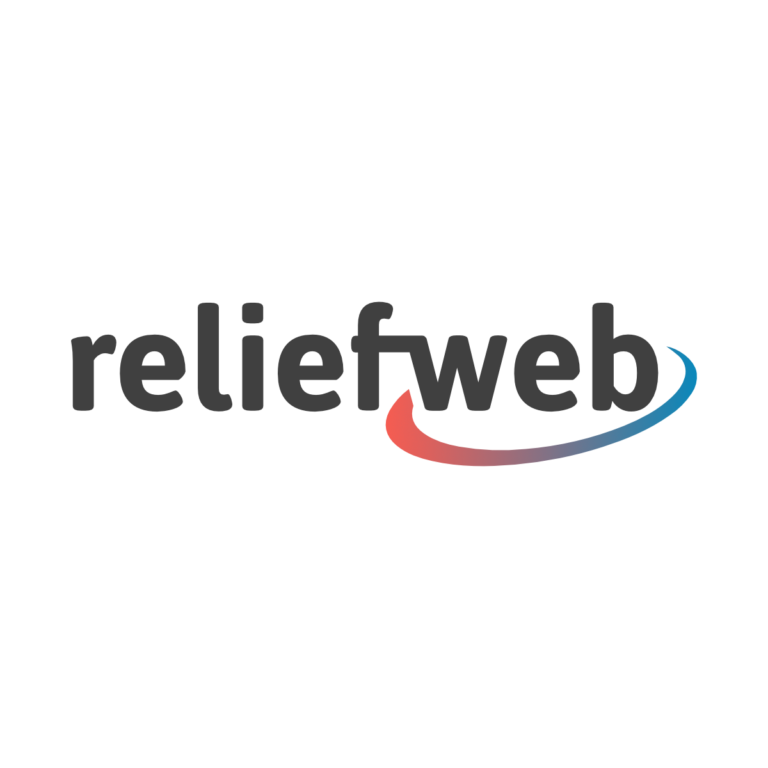
Project Medical Referent – Bamenda -Cameroon – M/F
ALIMA IN CAMEROON
Cameroon is facing a complex emergency situation in the North West and the South West Regions of the country. The crisis has led to significant displacement of the population. It is estimated that the majority of the displaced are from the North West region. The affected population have a challenge in accessing humanitarian intervention notably health and nutrition amongst other needs.
SECURITY & HUMANITARIAN CONTEXT
Four years after the unilateral declaration of independence pronounced by Cameroonian separatists, the anglophone crisis in Cameroon’s Northwest and Southwest regions (NWSW) is experiencing volatile and unpredictable dynamics.
Since the outbreak of the conflict in October 2017, the attacks against the governmental forces have multiplied and have become also more and more complex. This has been highlighted by the strategies and means used by the belligerents (more elaborated IED, RPG, among others). Furthermore, there has been a gradual fragmentation of the security landscape, leading to more and more clashes between the different factions of the separatist groups.
As for the Lebialem Division, which is located in the Southwest region, it is controlled by a single group, the Red Dragons of Lebialem. If we look at the security incidents reported by INSO from January 14 to March 24, 2022, out of 275 incidents reported in the two English-speaking regions, there were 78 reported in the Southwest (28.4%), of which only one was in the Lebialem Division (0.4%). ALIMA and DEMTOU Humanitaire believe that the NSAG’s control of the area, which led to the exodus of a large number of State representatives, could justify this relatively low number of security incidents.
Since 2017, the crisis affecting the NWSW regions of Cameroon has significantly disrupted the health system in these regions. The crisis has impacted basic social services including health and education
Overall, access to beneficiaries remains very limited in the Southwest region, and in the Lebialem Division more particularly, due to high insecurity, recurrent lockdowns, ghost towns and to the closure of certain roads for both short and long periods of time. Besides, humanitarian workers and humanitarian activities as well as basic infrastructure (such as schools and health centers) have become targets for the NSAG’s attacks. Nonetheless, given the fact that the Lebialem Division is currently under the control of only the Red Dragons of Lebialem, negotiations for humanitarian access might be easier to maintain than in other divisions of the SW, where several armed groups are operating.
In the North West (NW), ALIMA intends to implement a project with two interventions: a short-term emergency intervention and a COVID 19 response and mitigation. Whereas the exploratory mission will help the organisation understand the exact medical needs of the population on the ground, the second one will aim at strengthening strategies in addressing the COVID-19 pandemic. The activities in the NW shall include training of health care workers as well as mitigating the affected population’s access to primary health care, obstetric & gynaecological, paediatrics and nutritional interventions. The project targets Internally Displaced Persons, the host community and other populations at risk.
Mission location: Cameroon, South East, Bamenda
FUNCTIONAL AND HIERARCHICAL LINKS
- You report to the Project Coordinator (hierarchical Manager) and the Medical Coordinator (technical Manager)
- You collaborate with all the projects team and the Coordination Team
MISSION AND MAIN ACTIVITIES
You are responsible for implementing medical activities in your area of intervention. You ensure that the project’s resources are used appropriately, and take part in defining your base’s strategy.
You support the medical and paramedical teams in developing their skills.
- Definition of the project’s medical objectives and intervention strategies
- Organization, analysis and management of the project’s medical activities
- Supervision and training of the project’s medical human resources
- Implementation of project staff health policies
- Participation in the prevention of abuse of power and sexual and gender-based violence (PSEA)
PROTECTION OF BENEFICIARIES AND COMMUNITY MEMBERS
Level 3: As part of his/her duties, the incumbent will visit programs and come into contact with children and/or vulnerable adults. Therefore, a criminal record check or a certificate of good character will be required. In situations where a criminal record check or character reference is not possible, a declaration of honour will be requested.
EXPERIENCE AND SKILLS
You have a medical diploma (a paramedical diploma would be essential), Master’s degree in public health
You have experience in medical Practice, previous experience in humanitarian context and experience of team management and supervision.
You have analytical and organisational skills, a critical mind and the ability to put forward proposals, as well as the ability to work as part of a team in a multicultural context.
Experience combining hospital and OPD activities
LANGUAGE:
A strong command of both spoken and written English is essential for this position
CONDITIONS
- Contract term: Contract under French law; contract length: 6 months renewable
- Position to be filled: ASAP
- Salary: depending on experience + per diem
ALIMA pays for:
- Travel costs between the expatriate’s country of origin and the mission location
- Accommodation costs
- Medical cover from the first day of the contract to a month after the date of departure from the mission country for the employee and his/her family
- Evacuation of the employee
How to apply
To apply, please send your CV and Cover Letter online.
Applications are processed in the order of arrival.
ALIMA reserves the right to close the offer before the term initially indicated if an application is accepted. Only complete applications (CV + Letter of Motivation in PDF format) will be considered.
Female candidates are strongly encouraged.